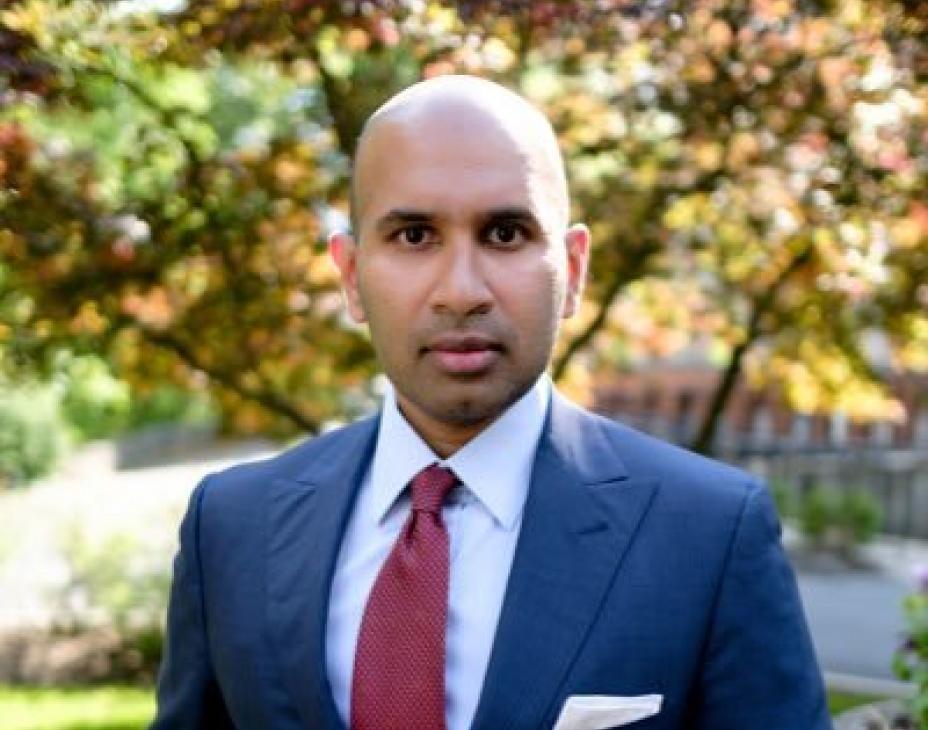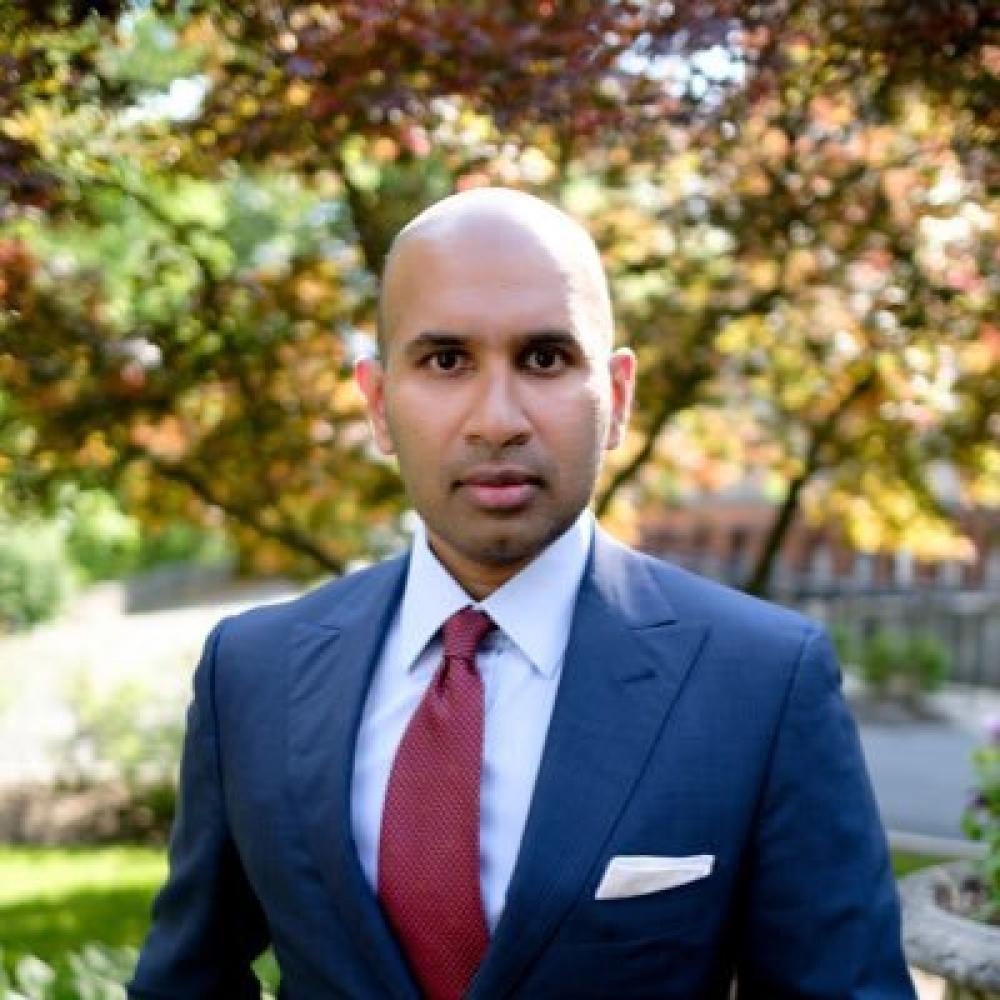These researchers have dedicated their careers to finding new treatments and cures for people with cancer.

Meaningful Improvements in Melanoma Treatment
An 88-year-old man with advanced melanoma was enrolled in a clinical trial of a microbiome intervention. Given his age, other more aggressive treatments were not considered feasible.
Historically, melanoma treatment options have been limited. Today, thanks to researchers like Dr. Davar, an assistant professor of medicine and an oncologist/hematologist at the University of Pittsburgh, options for melanoma care have drastically expanded and are helping patients live longer.
The intestinal microbiome – comprising 100 trillion organisms including bacteria, fungi, and viruses that inhabit the human gastrointestinal tract – has emerged as an exciting area of research in the past few years. While traditional sequencing has focused on a patient’s tumor – mapping out unique molecular weaknesses that may be targeted by drugs – metagenomic sequencing focuses on a patient’s gut microbes, profiling those to see whether targeting them would help patients.
“Our understanding of the human microbiome, and the roles it plays in the occurrence of cancer, as well as the immune response to cancer, have significantly grown in the past few years,” says Dr. Davar. “As a result of this improved understanding, we now have the ability to literally target the microbiome in patients with advanced melanoma.”
Research Reveals New Insights
Using funding from a Conquer Cancer YIA supported by Genentech, Dr. Davar searched for patterns in stool samples obtained from a phase I/II clinical trial to evaluate the role of the gut microbiome in mediating response and resistance to immunotherapy.
“The YIA helped support a high-risk project that was not in vogue at the time. The results of the analyses we did directly led us to work on a clinical trial with provocative results that was just published in a high-impact journal,” says Dr. Davar. “We are now working to identify if these microbiome signatures of response and resistance are present in patients with other cancers besides melanoma treated with immunotherapy; and to see if they may be a candidate for interventional trials.”
Despite advances in immunotherapy, intrinsic or acquired resistance to therapy remains a problem requiring more research. The microbiome may hold a clue in understanding resistance to immunotherapy in melanoma and other cancers. In future studies, Dr. Davar will focus on building strategies to reduce and mitigate resistance in patients with melanoma.
“The YIA helped me establish a career in investigative drug development for patients with melanoma and enabled me to access a wealth of mentors both internally and externally. We are working to identify and overcome new mechanisms of resistance and design novel clinical trials to evaluate these further,” says Dr. Davar.
Putting Patients First
Research opportunities make personalized combination therapies possible for patients like the 88-year-old man in Dr. Davar's care. The microbiome intervention from the clinical trial was safe, and minimally toxic. More importantly, it worked. The patient remains in remission more than 18 months after enrolling.
“He responded dramatically to the novel combination,” says Dr. Davar. “This patient told us that while older, he just wasn’t ready to give up on life and living. He was grateful that novel treatments were keeping the cancer at bay."
